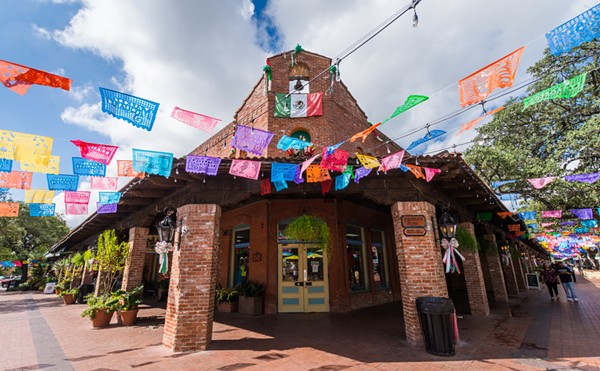I remember the book fair so clearly. I was seven years old, had only been speaking English for about a year, and was excited that our classroom’s routine was being interrupted. We were ushered into the cafeteria where the book fair organizers had set up makeshift shelves, and there they were: rows and rows of books. There were thin books with narrow spines and glossy covers; books about runaway mice and lost ladybugs that wanted desperately to belong and be loved; books about talented children who liked to bake cakes, which they would decorate meticulously; books about daring and precocious boys and girls who solved mysteries smartly and much more efficiently than their adult counterparts. I was a goner. And this is my love story.
Initially, my mother supported my love affair with books and somehow scraped enough money together to let me order one book every time the fair came to school. To this day, I’m mystified by how my mother managed to feed, care for, and clean up after a husband and seven children — while also working as a part-time seamstress and a housecleaner in private homes and medical buildings. She was, and is still, a tireless goddess. When I was still just a little girl, I was allowed to indulge in reading whatever I could get my hands on — until I was old enough to help around the house.
My deep and abiding love of books and learning clashed with my sincere desire to please my parents and my mother’s determination that I be a “good” daughter, sister, and all-around exemplary Latina. I wasn’t supposed to just work hard; I was supposed to work hard at obeying my parents and acquiescing to the male figures in my life. I was also expected to participate fully in the family bonding events that my mother thought were so important. In the Mexican-American culture, the concept of family is almost sacred and my mother worked tenaciously to keep hers together. Because reading is largely a solitary endeavor, my mother began to feel troubled by how books “took me away” from the family. She worried that as my vocabulary grew and my worldview expanded my family ties would weaken.
She was also understandably irritated that I would oftentimes put off doing my chores because I was too entranced in whatever book I was reading. A complaint I heard repeatedly was that I wasn’t “doing” anything when I spent so much time reading. My dad would come home from work with a fat wallet, and my mother had calluses on her hands and an aching back from the housecleaning she did all day. What did I have to show for the three hours I spent reading? More words. Exciting stories. Questions.
Related story: Creativity at Ground Zero: Is Texas public education something aspiring writers simply have to endure?
My mother was the one who would drop me off at the library every afternoon after school so that I could do my homework and then read for hours. But the times I had to be disciplined meant that I would have my books taken away from me. Because I loved books more than any other form of entertainment, my mother knew this was the way to get my attention. Many times I was forced to put my book down and go play outside or watch TV with my siblings; this was my mother’s attempt at pulling me back from the world of books where I was a lonely traveler.
At the same time that my parents encouraged me to get a better education, they also had definite plans for me that they felt were more important. Once I married, education became a non-issue. I remember my mother asking me why I would waste my time in school now that I was married and had a steady job. Education for education’s sake did not fit into the structure that my parents lived their life by. Why would I want to learn about other peoples, other cultures? Wasn’t my culture enough? Weren’t my people enough?
My parents are perhaps typical Mexican-American parents, steeped in long-held cultural and religious traditions. This particular attitude towards education, and literature, is not peculiar to them. Education is important, our culture keeps telling us, but we are also expected to fulfill clearly defined gender roles that put even the best Latina at odds with education at some point. Am I going to fit the mold of good daughter or do I want to continue with my studies? Seemingly, these two endeavors are mutually exclusive.
Does this mean that Mexican-Americans do not value literature? Absolutely not. But it may mean that literature is simply not as important as other aspects of cultura. In a city where the population is predominantly Latina and my experience is not unusual, it naturally follows that the literary scene is not as vital as it could, and should, be. And, really, this is just one of the myriad reasons that even begins to explain the lackluster literary scene in San Antonio; there are other reasons that collectively deserve to be an essential part of this important conversation. A love story is a nice way to keep the conversation going, isn’t it? •


















